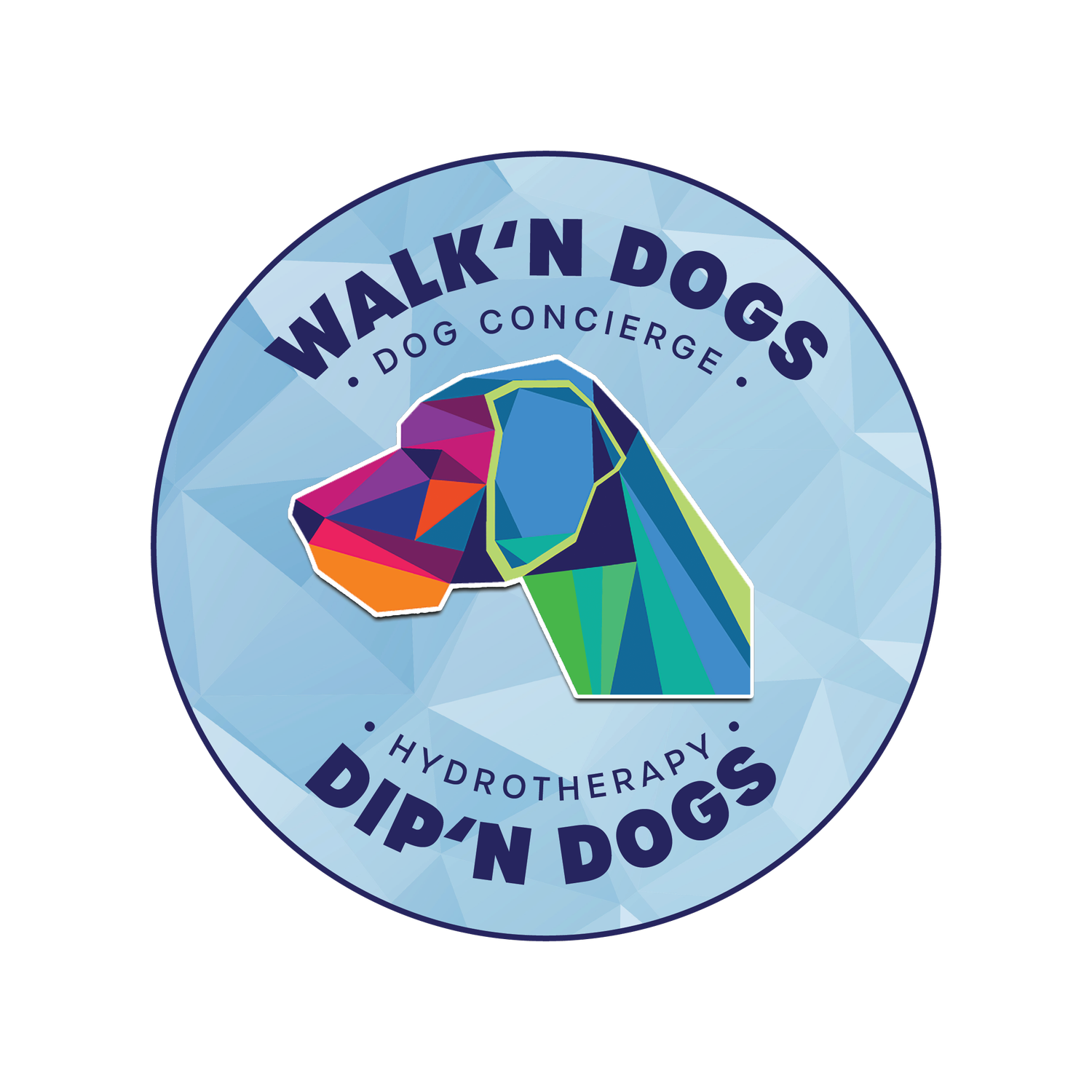Ways to Support Your Dog in Their Golden Years
As our furry companions grow older, they need extra love, care, and attention to ensure they age gracefully. Just like humans, dogs experience changes in their bodies and behavior as they age, and it's up to us as their caretakers to help them navigate these changes with comfort and dignity. Whether your pup is a sprightly senior or just starting to show signs of aging, here are seven ways you can support them in their golden years.
Regular Veterinary Check-ups
Regular veterinary check-ups become even more crucial as your dog ages. Schedule bi-annual wellness exams to monitor your dog's overall health, catch any potential issues early, and adjust their care plan accordingly. Your vet can provide valuable insights into managing age-related conditions such as arthritis, cognitive decline, or dental issues.
Tailored Nutrition
As dogs age, their nutritional needs change. Consult with your veterinarian to determine the best diet for your senior pup based on factors like breed, size, weight, and any health concerns. Look for dog foods formulated specifically for senior dogs, which often contain lower calories, higher fiber, and supplements like glucosamine and omega-3 fatty acids to support joint health and cognitive function.
Maintain a Healthy Weight
Obesity exacerbates many age-related conditions in dogs, such as arthritis and heart disease. Monitor your dog's weight closely and adjust their diet and exercise regimen as needed to maintain a healthy weight. Regular exercise is essential for keeping your dog's joints limber and their muscles strong, but be mindful of their limitations and choose low-impact activities like gentle walks or swimming.
Comfortable Living Environment
Make adjustments to your home to accommodate your aging dog's needs. Provide a soft, supportive bed in a warm, quiet area where they can rest comfortably. Consider installing ramps or steps to help them navigate stairs or furniture, especially if they have mobility issues. Keep their living space clean and free of obstacles to prevent falls and injuries.
Mental Stimulation
Just like humans, dogs can experience cognitive decline as they age. Keep your dog's mind sharp with regular mental stimulation. Engage them in interactive games, puzzle toys, or training sessions to provide mental exercise and prevent boredom. Maintaining social interaction with other dogs or humans can also help stave off cognitive decline and keep your dog emotionally fulfilled.
Joint Care
Arthritis is a common issue for aging dogs, causing pain and stiffness in their joints. Help alleviate discomfort by providing joint supplements recommended by your vet, such as glucosamine and chondroitin. Consider investing in orthopedic bedding to provide extra support for achy joints, and avoid activities that put undue stress on your dog's joints, such as excessive jumping or rough play. Activities like hydrotherapy swimming are beneficial especially in your dog’s golden years since it provides a low-impact exercise to help strengthen their overall body, as well as their heart, lungs and mental state.
Quality Time and Affection
Above all, shower your aging dog with love, attention, and affection. Spend quality time together engaging in activities they enjoy, whether it's a leisurely stroll in the park, a cozy cuddle on the couch, or simply being present with them during quiet moments. Your love and companionship are vital to your dog's emotional well-being, especially as they navigate the challenges of aging.
Overall, helping your dog age gracefully involves a combination of proactive healthcare, tailored nutrition, environmental adjustments, mental stimulation, joint care, and plenty of love and affection. By implementing these strategies, you can ensure that your beloved canine companion enjoys their golden years to the fullest, surrounded by comfort, happiness, and your unwavering support.

